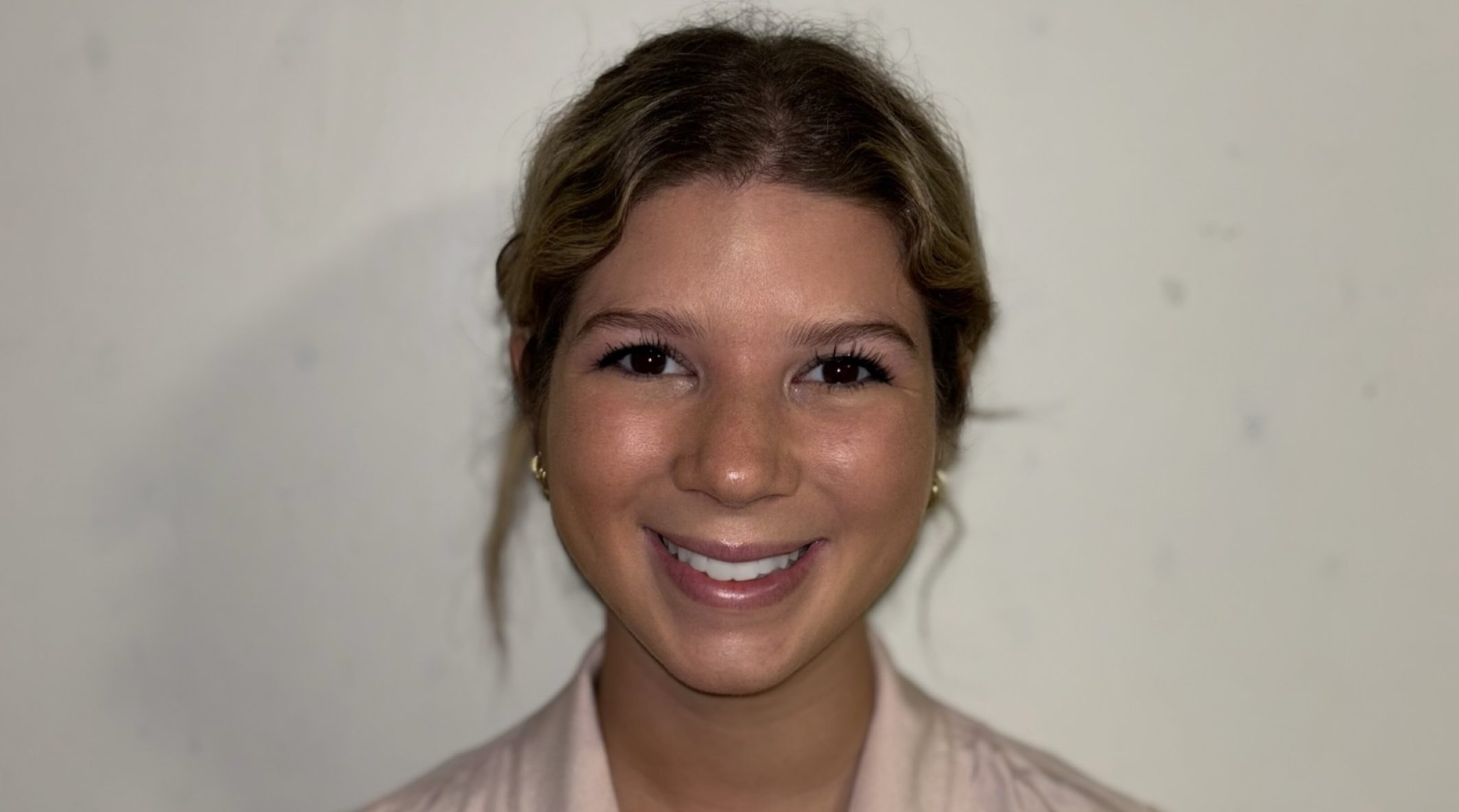Ellie Degage is a dedicated Second Lieutenant in the Army Nurse Corps, renowned for her integration of holistic wellness practices into traditional military medicine. With a robust background that spans Texas, and the UK, Ellie has cultivated a unique approach to healthcare, emphasizing empathy, resilience, and adaptability. She graduated from the University of Hawaii, consistently achieving Dean’s List honors, and has excelled in diverse roles—from managing emergency trauma care to implementing public health initiatives across various military environments. Beyond her professional commitments, Ellie is deeply involved in community service, contributing to food banks and animal rescue operations. Her passion for improving soldier and family well-being within the armed forces drives her continual pursuit of medical and technological advancements in military healthcare.
How did you get started in this business?
I’ve always been drawn to helping others, a passion instilled in me from a young age by my mother, who was a teacher. My interest in health care was further shaped by my diverse activities, like equestrian sports and ballet, which taught me about discipline, teamwork, and the importance of physical and mental health. I pursued nursing because it seemed like the perfect blend of my passion for science and my desire to make a tangible difference in people’s lives. Joining the Army Nurse Corps was a decision influenced by my dedication to service and my desire to challenge myself in dynamic environments.
How do you make money?
In my role as a Second Lieutenant in the Army Nurse Corps, my income comes from my position as a military officer. The salary and benefits are structured by the government and reflect my rank and responsibilities, providing me with financial stability while I serve.
How long did it take for you to become profitable?
As a military nurse, the concept of ‘profitability’ doesn’t exactly apply in the traditional business sense. My ‘profit’ is not financial but is measured in the successful outcomes and improved wellbeing of the soldiers and families I serve. The rewards of my profession are seen in the lives saved and the health improvements made, which were evident from the beginning of my career.
When you were starting out, was there ever a time you doubted it would work?
Certainly, transitioning into military life and starting in a high-pressure field like nursing, especially in the Army, was daunting. There were moments of doubt about whether I could handle the emotional and physical demands of the job. However, my training and my passion for this work helped me overcome these doubts.
How did you get your first customer?
In military healthcare, ‘customers’ are the service members, veterans, and families that we care for. My first experience in providing care was during my clinical rotations in nursing school, where I learned the ropes under the supervision of experienced nurses. This hands-on experience was crucial in preparing me for my role in the Army.
What is one marketing strategy that works well to generate new business?
In the context of military nursing, generating new ‘business’ isn’t about marketing but rather about ensuring the health services we provide are accessible and meet the high standards necessary for military readiness. Our ‘strategy’ is maintaining excellence in care and continuous improvement in our medical practices, which naturally leads to high trust and reliability in the services we offer.
What is the toughest decision you’ve had to make in the last few months?
One of the toughest decisions has been how to allocate limited resources during training exercises that simulate field conditions. Balancing the needs of the exercise with the imperative to provide thorough, uncompromised care for real-life conditions requires careful judgment and prioritization.
What do you think makes you successful?
I believe my success comes from a combination of discipline, empathy, and a continual desire to learn. The ability to stay calm under pressure and make informed decisions while considering both medical and ethical implications is crucial in military medicine.
What has been your most satisfying moment in business?
The most satisfying moments in my career are when I see a direct improvement in a patient’s health due to our team’s care, especially in challenging field conditions. Knowing that our work directly impacts the wellbeing of those who serve our country is incredibly rewarding.
What does the future hold for your business?
Looking ahead, I see a future where the integration of innovative technologies and holistic health practices become standard in military medicine, enhancing our ability to provide top-tier care in any setting. Personally, I aim to take on leadership roles that allow me to influence and improve healthcare practices across the military.
What business books have inspired you?
While not a traditional business book, “Leaders Eat Last” by Simon Sinek has greatly influenced my approach to leadership and teamwork in a military healthcare setting. It underscores the importance of trust and integrity, principles that are fundamental in the military.
What advice would you give to your younger self?
I would tell my younger self to embrace every challenge as an opportunity to learn. I’d stress the importance of resilience—understanding that every difficult moment is a chance to build strength and character.
Are you willing to be a mentor?
Absolutely, I am keen on mentoring. Sharing knowledge and guiding others through their professional journey, especially in military nursing, is something I find fulfilling and essential for the growth and sustainability of competent healthcare services within the Army.

